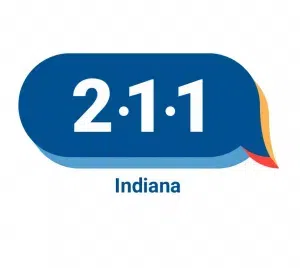At electric vehicle charging stations across the US, some drivers overstay their time at “fast-chargers,” which are designed to help drivers quickly charge their cars and get back on the road. To resolve this unkind behavior, one of the largest charging networks has implemented strict time limits at some of its busiest stations. When a vehicle’s battery charge reaches eighty-five percent, the driver must make room for the next car in need of a charge.
The apostle Paul encouraged believers in Jesus to humbly “value others above [themselves]” (Philippians 2:3). He addressed an issue that was grating the Philippian church—self-centeredness. The people desired recognition and distinction, not from pure motives but from “selfish ambition” (v. 3). Paul urged the believers to have the mind of Christ and to look “to the interests of the others” (v.4). This didn’t mean that they should forget their own needs in an unhealthy way, but that they would care for others’ needs as those who “have the same mindset as Christ Jesus” (v. 5). The apostle encouraged the Philippians to empty themselves of pride and to humbly make room for others. The ultimate motivation for making room? Love.
As we seek to imitate Christ’s example each day (vv. 6-11), He can help us make room for others by viewing them with His loving eyes.









